I think we need to start thinking critically about things that we perceive as wholesome. Empathy has become a big business, and we ought to be able to examine it. Everyone’s always trying to diagnose disabled people. But I’m gonna have a little bit of fun. And I’m actually gonna diagnose all of you.
Archive
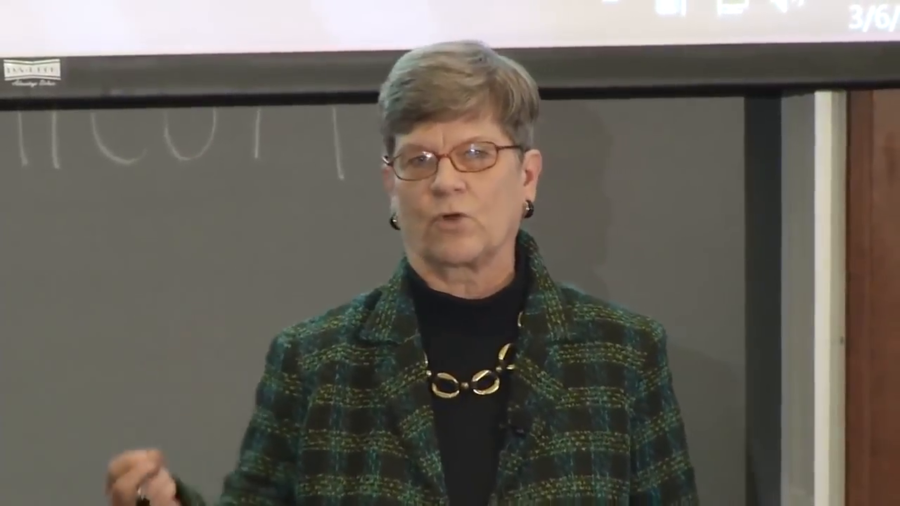
The danger is that we are taking the agenda that is being set by those who are the political players, and by checking within it ignoring the things that are consequential that we ought to be debating, that to some extent exist in another world which is a world about what is desirable and good, and what the trade-offs actually are and how we should arbitrate those track trade-offs.
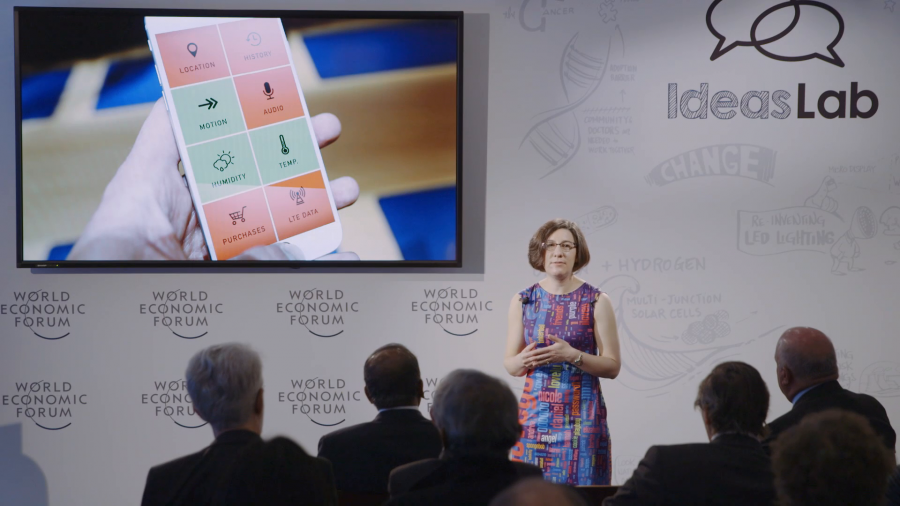
Imagine your privacy assistant is a computer program that’s running on your smartphone or your smartwatch. Your privacy assistant listens for privacy policies that are being broadcast over a digital stream. We are building standard formats for these privacy policies so that all sensors will speak the same language that your personal privacy assistant will be able to understand.


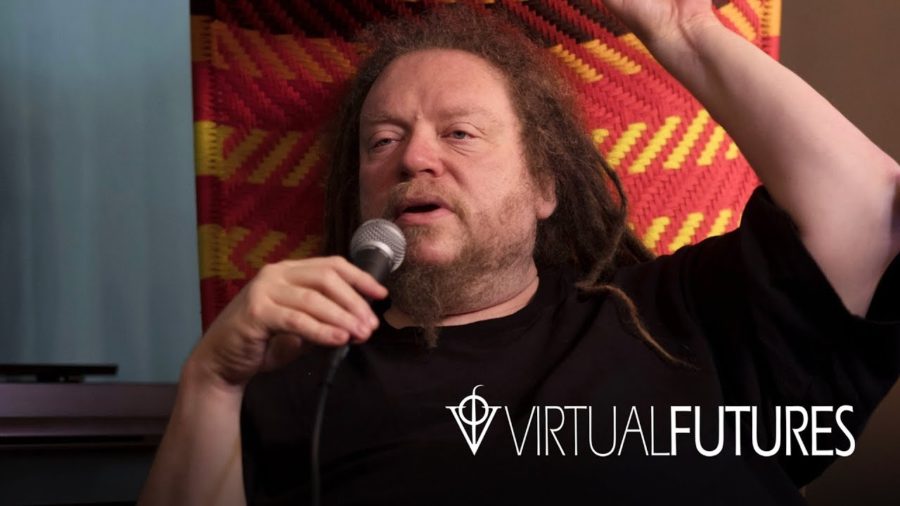
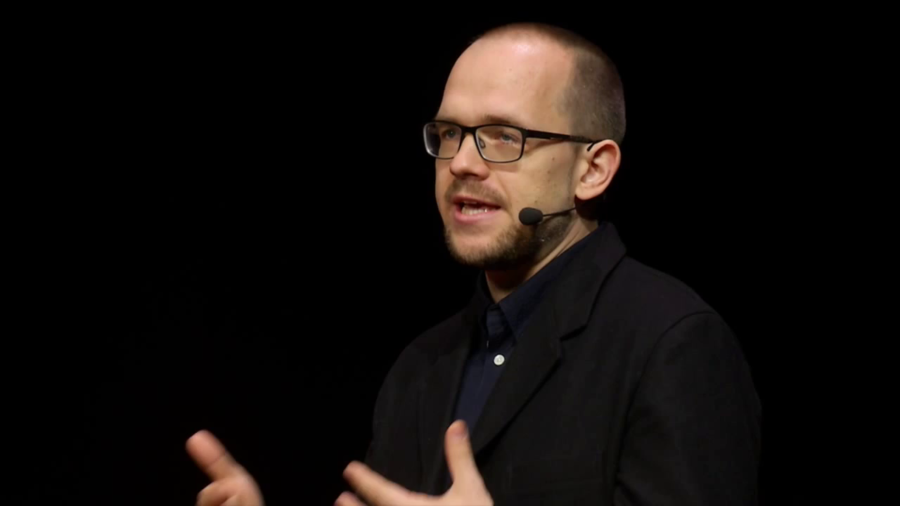
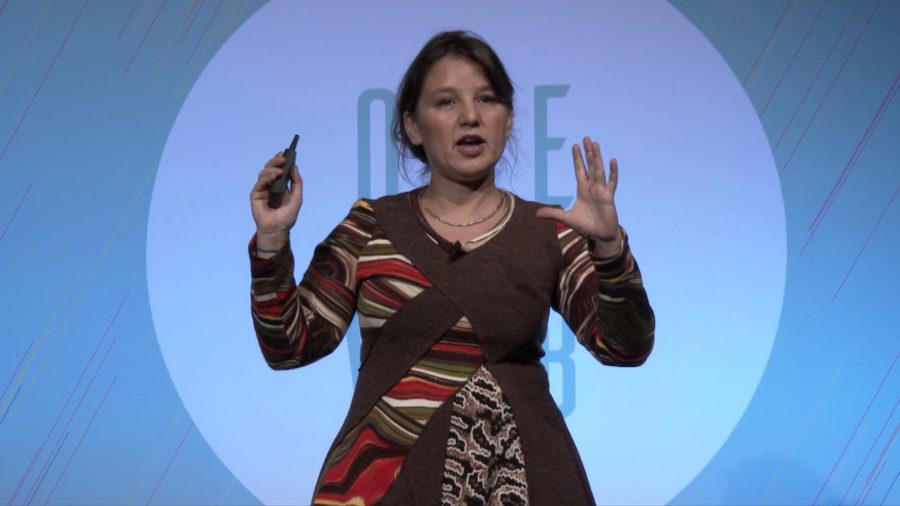
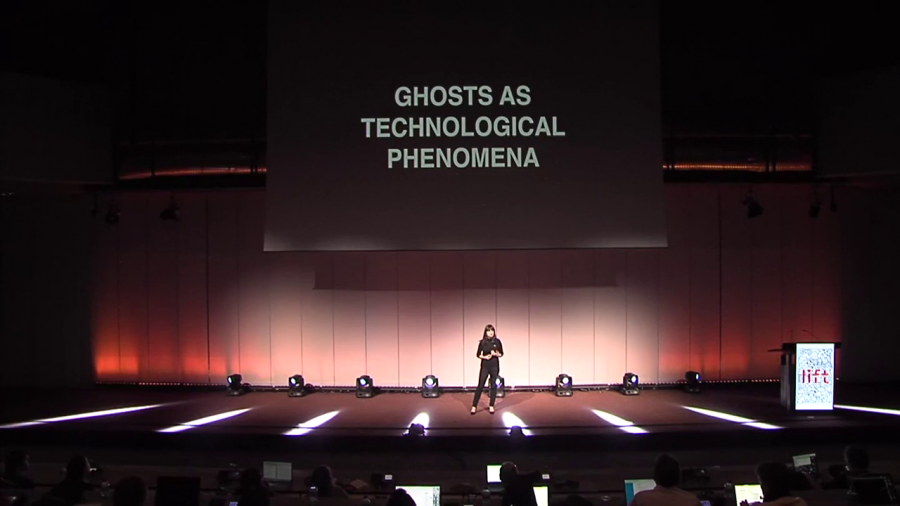
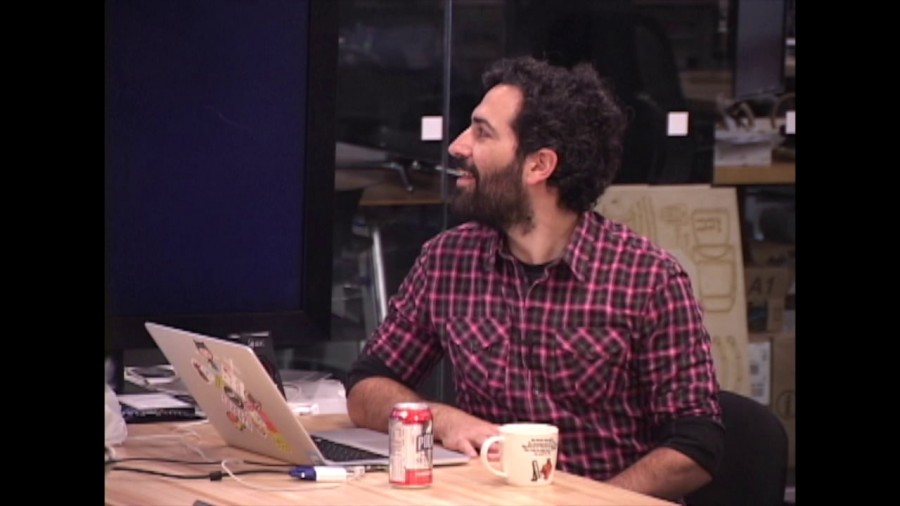
Emily Bell on Elusive Objectivity
This idea of control is so baked into the journalistic psychology that actually this articulation, done in a highly-controlled environment with an advertising agency, is one which even though it’s not new to the open Web is still very very very new to journalism. And what we don’t have at the moment is anything like a balancing investment in the kinds of things which allow us to participate in the crowd.